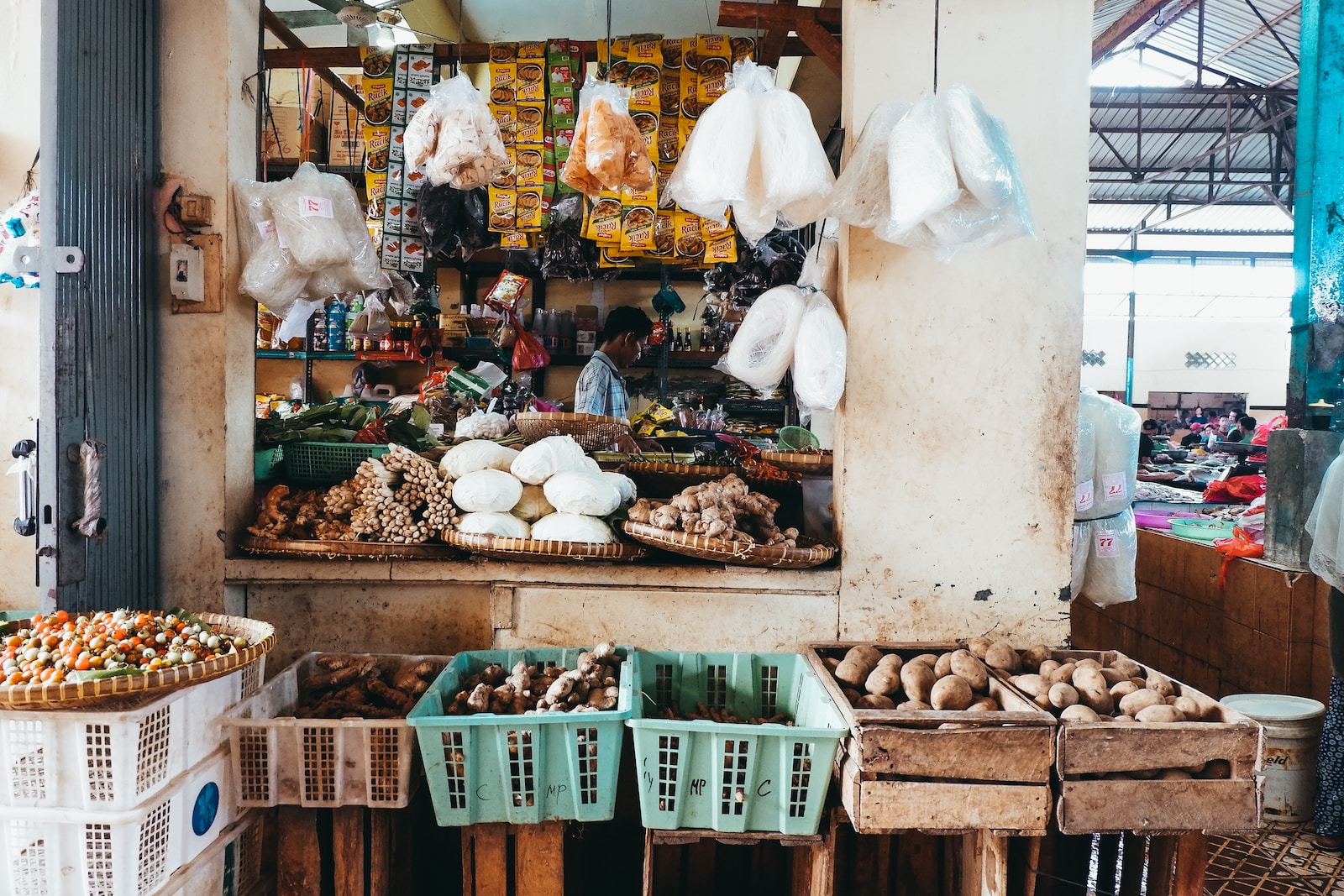Vietnam is tipped by economists to be one of the top ten fastest growing economies in 2016, with growth expected to stay strong through 2018. When you take a look at its demographics, economic landscape and likely next steps it’s easy to see why.
As a member of the Association of Southeast Asian Nations (ASEAN), Vietnam stands out as a strong prospect among its peers with GDP growth expectations of above 6% during the next four years. A relatively young population, a good level of online engagement and rising imports and exports combine to make it an attractive place to do business. Indeed, the International Monetary Fund (IMF) recently described Vietnam as having a very open economy – an essential attribute for successful exports and investment from overseas countries and businesses including British exporters.
Vietnam’s economic make-up and prospects
After taking a hit in 2008 and 2009, the Vietnamese economy has recovered and recorded GDP expansion of 7.01% in the fourth quarter of 2015 compared with the same period a year earlier. The Government’s confidence is such that it has set a target of 6.7% growth for 2016.
2015 benefited from a record disbursed foreign direct investment (FDI) of $14.5 billion in 2015, an increase in exports of 8.1% and rise in imports of 12%. While there are potential headwinds facing the Vietnamese economy such as still falling commodity prices and the economic uncertainty concerning China, there is also much that suggests the Government’s growth target should be met.
One such positive economic development is a domestic one. For the middle class which continues to emerge from the population of around 90 million, the low level of inflation is a boon. While in typical Western economies low rates of price inflation can lead to a spiral in which consumer spending plummets as they wait for prices to fall further and further before they make major purchases, things in Vietnam are different. When price inflation slows, rather than being taken as a sign to wait before making significant purchases it is treated as a welcome respite and purchasing continues at a stable rate. So, with Vietnam’s inflation rate at its lowest in 14 years and expectations that it will remain stable this should prove a positive development.
Potential challenges and benefits facing British exporters?
While Vietnam is a member of the WTO and has a number of free trade agreements there are some areas where you will need to do some work. For instance, building relationships is very important so regular visits at the very least would be required. Currently, (H1 2016) the political regime is going through a change as a new Communist leader settles in. While this shouldn’t put a stop to any business it’s vital to maintain any relationships you have already built and to work hard on any new departments, sectors or businesses you foresee working with.
It’s important to have your Intellectual Property in order as while Vietnam does have a department and rules covering this area, enforcement isn’t great. If any issues arise you’ll need to work closely with the National Office of Intellectual Property of Vietnam and any relevant contacts you have a good working relationship with.
Other challenges can include a high level of bureaucracy, a lack of relevant skills, an infrastructure that requires further expansion and modernisation and some corruption; Vietnam is currently ranked 78th in the ease of doing business index.
However, provided you bear those potential challenges in mind and work to minimise their impact on your business plans you will then be working to have access to and do business with a young population with wide internet access and a growing level of consumption, particular among the relatively young population, 32 million of whom have broadband access.
Also, as Vietnam’s infrastructure is invested in and improves there are plenty of areas where British expertise could prove useful, if not essential. They include energy, education and training, healthcare and mass transport. All of these sectors would benefit from the knowledge and expertise on offer from British exporters and international businesses.
Existing UK trade links with Vietnam
In 2014 British exports to Vietnam rose 12% from 2013 to total £300 million. Areas in which the UK is working well with Vietnam include:
- Power generation
- Pharmaceutical products and chemical materials
- Electrical and specialised machinery
- Metal ores for manufacturing
- Animal feed
- Industrial machinery
Formal trade and investment paths and ties were made in the 2010 UK-Vietnam strategic partnership agreement, while UK FDI into Vietnam is around $2.7 billion and is set to reach the $3 billion target. Additionally, many British brands already have a presence in Vietnam: Standard Chartered, HSBC, Karen Millen, Oasis, Marks and Spencer, Rolls Royce and Mini.
A step worth taking?
With trade agreements already in place – both longstanding and more recent – an open, healthy economy supported by a growing, internet savvy middle-class, Vietnam is a positive prospect for British exporters looking to expand internationally.
Provided you work on your business relationships, form a reliable presence and have products or services that are likely to be well received, then starting up a new business with or in Vietnam might be the next leap for you and your company.







